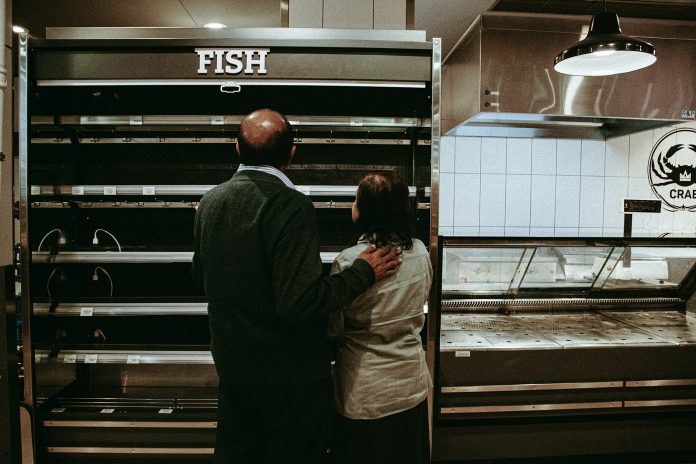Wildoceans’ We Don’t Need Our Oceans campaign hopes to show South Africa (and the world) what life would be like without our oceans, and subsequently place a spotlight on just how much we depend on them, as well as mobilise a regional movement for increased marine protection.
We Don’t Need Our Oceans is a branch of the Ocean Impact campaign, underwriting a three-year project driving advanced protection of South Africa’s oceans within Marine Protected Areas (MPAs). We currently only protect 5% of the oceans around South Africa within MPAs.
Wildoceans is a programme of the Wildtrust. Campaign Lead, Lauren van Nijkerk of the Wildtrust, said, ‘People don’t act like they need the oceans. Covid-19 certainly made people question their relationship with nature, but I do not believe it made people care less about themselves and more about the planet. So how do we tell our beautifully diverse South African people about our oceans and the need to protect them? How do we deliver a message that resonates for people, that gets their attention? How do we make them active citizens that demand a better future for their children and themselves? How do we help our government see the importance of ocean protection for our people, not to mention all the economic benefits additional protection will bring? I think we can do this by showing South Africa a world without our oceans.’
‘The truth is the need to protect our oceans is urgent,’ said van Nijkerk. ‘Coral reef die-offs, collapsing fish populations and species extinctions are evidence of the escalating ocean crisis brought about by overfishing, ocean heating, acidification, pollution and multiple other stressors. They are eroding the ocean’s ability to function as our life support system.’
However, the situation is far from hopeless, although the time to act for our oceans is now and even a simple action, like refusing single-use plastics, makes a difference. A shift from 5% to 10% protection in South Africa’s waters will also see massive benefits for our country.
‘It is human nature to resist the pressure being put on us to do or believe anything. We want to be autonomous and make our own choices. So, when that pressure is reduced, any internal resistance is dissolved, and the person is left with the opportunity to make their own choice. In the case of the We Don’t Need Our Oceans messaging, the hope is that when this is presented as acceptable, it is likely to immediately cause the response – of course we do, ideally followed by the action required to save or protect our oceans,’ concluded van Nijkerk.
James Cairns, co-founder at The Sight Seekers – the agency involved in the campaign – said, ‘Putting our creative attention and efforts behind a cause that we fully support has been an incredible experience. For us, knowing that our work will lead to increased ocean protection and awareness in South Africa has made it all so rewarding. We feel that the direction of the campaign is really something quite unique and different for a marine protection campaign. Our hope is that all South Africans relate to the campaign and that it leads them to take meaningful actions before it is too late. Working alongside the Wildoceans team has been fantastic and this piece has definitely been the highlight of the year. We can’t wait to see just how far this campaign travels.’











